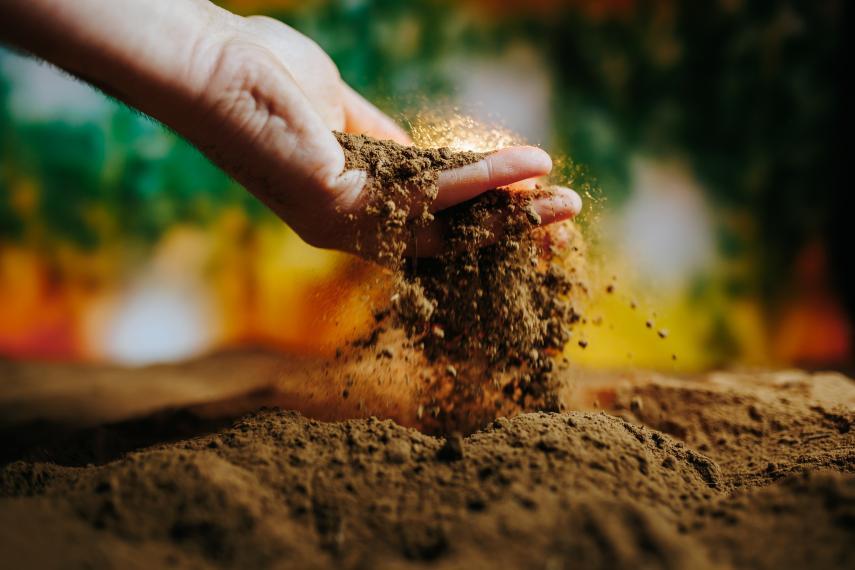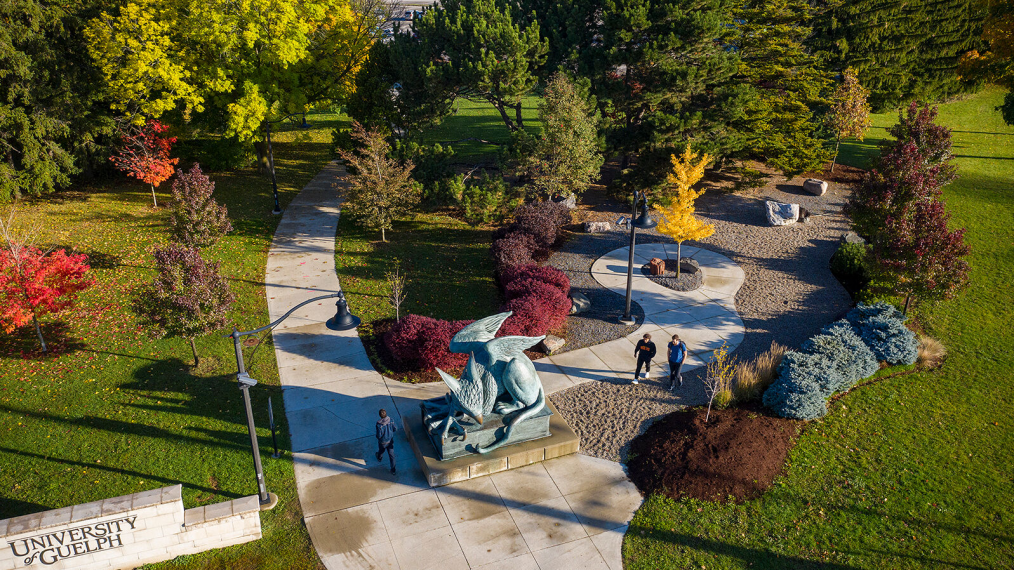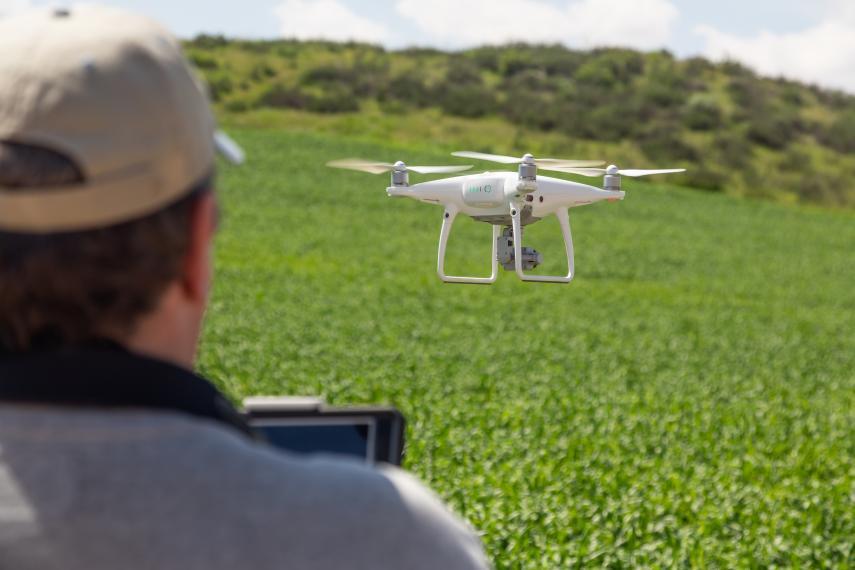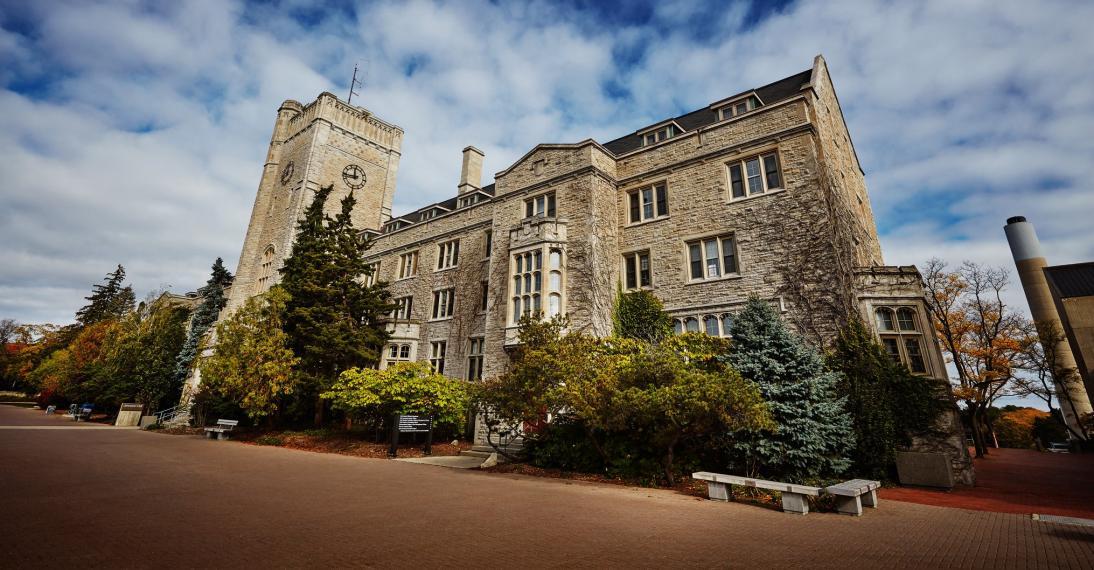
University of Guelph Students at the Forefront of Soil Health Research
As World Soil Day approaches on December 5th, the spotlight shines on the critical role soil health plays in sustaining life on Earth. Soil is the cornerstone of food production, climate regulation, and ecosystem resilience. At the University of Guelph’s Ontario Agricultural College (OAC), graduate students are leading innovative research to improve soil health, shaping the future of agriculture and sustainability.
From reducing soil compaction to addressing microplastic contamination, their work underscores the value of healthy soils for ensuring food security and mitigating climate change. Here’s a look at the groundbreaking research being done by four exceptional students and its far-reaching impact.





